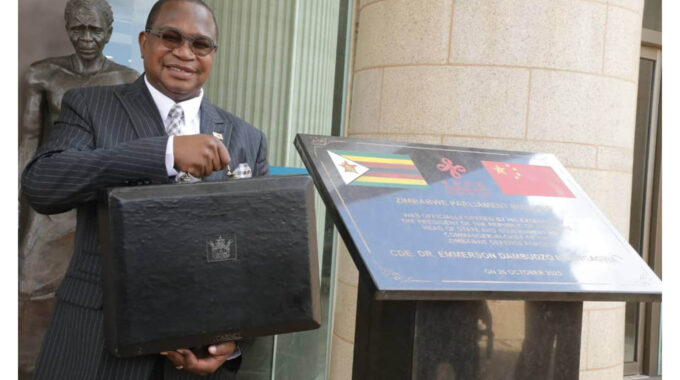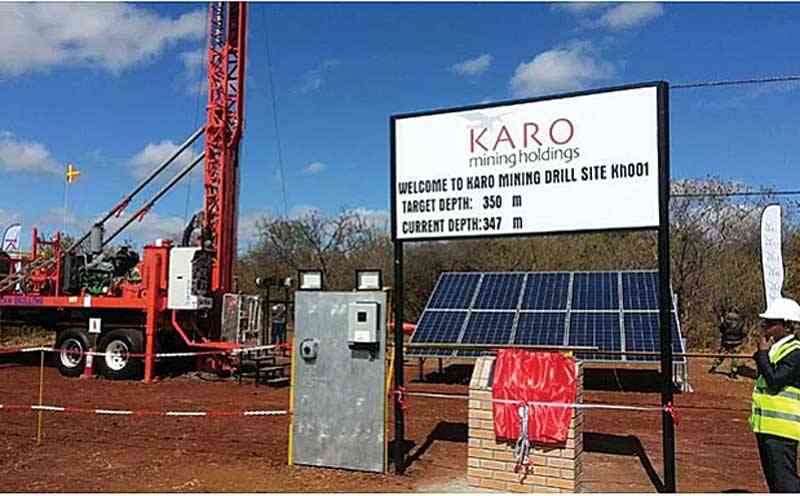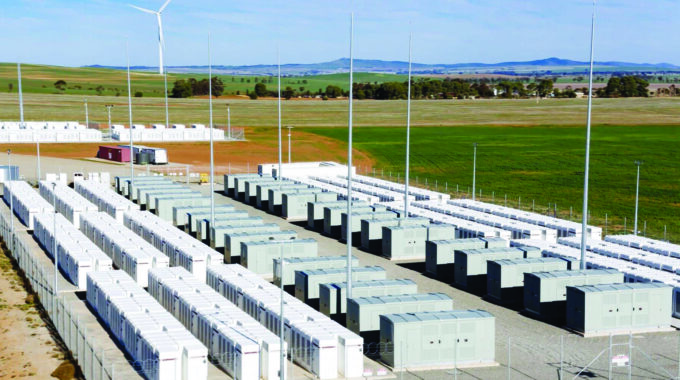Zinara, Zimra tax wrangle rages on
A bitter tax liability status dispute between State entities, the Zimbabwe National Roads Administration (Zinara) and Zimbabwe Revenue Authority (Zimra), remains unresolved seven years since it erupted in 2015 amid concern the roads authority may now be carrying heavy tax obligations for at least four years.
Following disagreement on the tax status of Zinara, the roads fund organisation has not been assessed for tax over four years after the dispute broke out, with the roads fund administrator now liable for unpaid income tax for the years 2016, 2017, 2018 and 2019.
It is not clear what provisions were made for 2020, but indications are that Zinara was not assessed for tax in 2020, which may further inflate the overall tax liability and make it difficult and onerous to eventually clear.
The dispute arose after the roads authority’s infrastructure development subsidiary, Infralink (Private) Limited, received a Zimra garnishee order for understated Income Tax and Value Added Tax (VAT) of US$46,9 million in 2015.
Since then, Zimra has on various occasions garnished Zinara’s accounts or disbursements by the roads authority to various State agencies that receive funds for road rehabilitation programmes in a bid to recover the tax liability.
Former Transport Minister and Infrastructural Development Minister Joram Gumbo acknowledged the development in 2017, indicating that Zinara had its funds seized by the tax collector on numerous occasions, negatively affecting road rehabilitation programmes.
A number of local authorities are on record saying that if Zimra continued to garnish Zinara’s accounts, they would be unable to maintain roads.
The councils pleaded with the then minister to engage his counterparts in Government so that Zinara funds were immune to garnishee orders.
Contacted for comment on the status of the dispute, Zinara spokesperson Tendai Mugabe professed ignorance over the matter.
“I am not aware of the dispute, as such I cannot comment further,” Mugabe said.
But a 2021 audit report by the Auditor-General says while Zinara made provision for the US$46 million claimed Infralink tax liability for 2015, management is not in agreement with the tax authorities claims and contends the tax status of the company is still to be established.
“No tax assessments and provisions for tax liabilities were made for 2016, 2017, 2018 and the current (2021) financial year.
“Therefore, there is potential additional exposure of four years. The effect of non-accrual of these tax obligations are considered material to the financial statements,” Auditor General Mildred Chiri said in her latest audit report on Zinara.
This also comes as growing concern Zinara’s going concern status after it incurred a net loss of $3,2 billion. (2018: $71,2 million for the year ended December 31, 2019 and as of that date, the group’s current liabilities exceeded its current assets by $2,1 billion. (2018:$62 million).
Chiri said these conditions indicate that a material uncertainty existed that may cast significant doubt on the roads authority’s ability to continue as a going concern.
The company did not accrue taxes due in respect of the 2016, 2017, 2018 and 2019 financial years.
“This was because management were of the opinion that the Company was exempt from paying taxes contrary to Zimbabwe Revenue Authority (Zimra) ’s position that the Company was a taxable entity. This matter has remained unresolved to date,” Chiri said.
Management said contingent liability for years without a tax audit by Zimra will be professionally assessed, and acknowledged and contingent liability disclosure made, while guidance on the tax status of the company is awaited.
The roads authority leadership indicated Chiri noted, the outcome of the process would in turn determine the decisive action to permanently correct the problem.
Zimra says any person dissatisfied with an assessment issued by the Commissioner may lodge an objection to the Commissioner General, within 30 days after receipt of the notice of assessment or of the written notification of the decision or determination.
An objection must be done in writing to the Commissioner General stating clearly the grounds of objection. A verbal objection cannot be accepted.
No objection shall be entertained by the Commissioner which is not delivered at his office or posted to him/her in sufficient time to reach him/her on or before the last day appointed for lodging objections unless the taxpayer satisfies the Commissioner that reasonable grounds exist for delay in lodging his/her objection.
The Income Tax, Capital Gains and VAT Acts provide for appeals that should be made through the Courts of law. Such appeals are handled through the Special Court for Income Tax Appeals, and Fiscal Appeals Court.
In addition, the client may seek redress through the High Court and Supreme Court. If the taxpayer is aggrieved by the lower court’s decision they have the right to appeal at the highest court which is the Supreme Court.-ebusinessweekly











